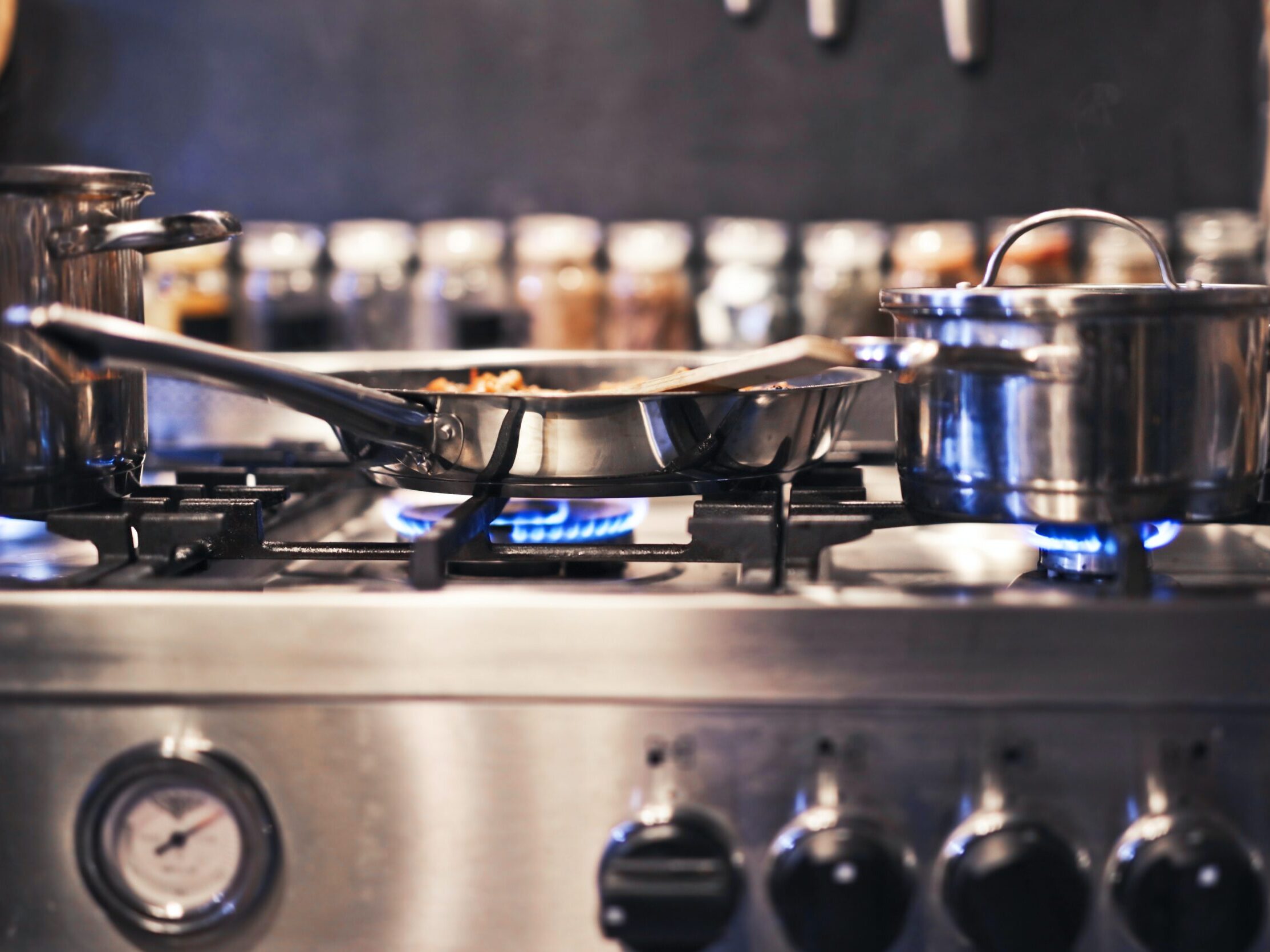6/26/2023
For 38% of American households, cooking with a gas stove is a daily occurrence. However, a recent study from Stanford revealed that using a gas stove or oven could expose users to benzene levels equivalent to secondhand smoke. Benzene, a carcinogen linked to leukemia, is not the only harmful substance gas appliances emit. Gas stoves also release nitrogen dioxides, carbon monoxide, and formaldehyde; as many as 1 in 8 asthma cases in American children are linked to gas stove pollution. Further, gas stoves have environmental implications outside of the home. Last year, the same Stanford lab published another study revealing that gas stoves continuously leaked methane into the atmosphere even when not turned on. This methane release and the inherent carbon dioxide release associated with natural gas combustion reactions result in a climate warming effect. From the number of stoves just in the United States, the warming effect is approximately the same as half a million gas-powered cars. As such, climate activists encourage using electric and induction stoves as alternatives.
Despite the personal and environmental damages caused by gas stoves, the House of Representatives passed a bill this month that blocks the federal government from banning gas stoves. House Republicans opined that federal regulation of gas stoves would unreasonably limit consumer freedom and offer “less efficient” appliances. However, there is no indication that the federal government is moving to ban gas stoves, with the Department of Energy even calling the notion “absurd.” Nevertheless, individual states can still regulate gas stove installations. New York became the first state to ban fossil fuel combustion in new buildings earlier this year. While the state will not enforce this legislation until 2026, it is a crucial step for the state to reach zero emissions in new buildings.
The natural gas industry has already pushed back against gas stove bans, but fossil fuel proponents are not the only ones resisting alternative stove types. Consumers, particularly culinary professionals, may prefer gas stoves, as they provide precise temperature control and allow for a broader range of cooking techniques. For example, Chinese wok cooking utilizes a round-bottomed pan and traditionally uses a gas stove with high flames to obtain proper heat distribution for stir-frying. Yet, it is difficult to discern whether these concerns are legitimate: Gas utility companies financially promoted similar narratives to garner support from communities of color, despite fossil fuel pollution disproportionately affecting people of color. Additionally, proposed bans only affect new structures, so existing restaurants would not have to change operations. Nevertheless, when the City of Berkeley issued a gas stove ban, the California Restaurant Association successfully challenged the ban. Still, other chefs promote electric or induction cooking at home or in professional kitchens. Indeed, wok users can even purchase rounded induction wok burners. Based on the City of Berkeley’s initial attempt to ban gas stoves, built-in restaurant industry exceptions will likely help future legislation succeed.
Completely phasing out fossil fuel-based appliances will be difficult, paralleling the transition from gas-powered to electric vehicles. Financial, political, and social barriers have made widespread change even more difficult. Future legislation should consider rebate programs and appropriate exceptions to ease the transition. Regarding safety within the household, gas stoves offer little benefit and may even be a detriment to the average person. Proper warning labels could guide consumers in making informed decisions when selecting appliances. Ultimately, choosing a type of stovetop is not at the forefront of personal or climate health issues. However, it is an everyday example of the continuing struggle to eliminate fossil fuel consumption: Alternative technology exists, but integrating such technology is another battle.

